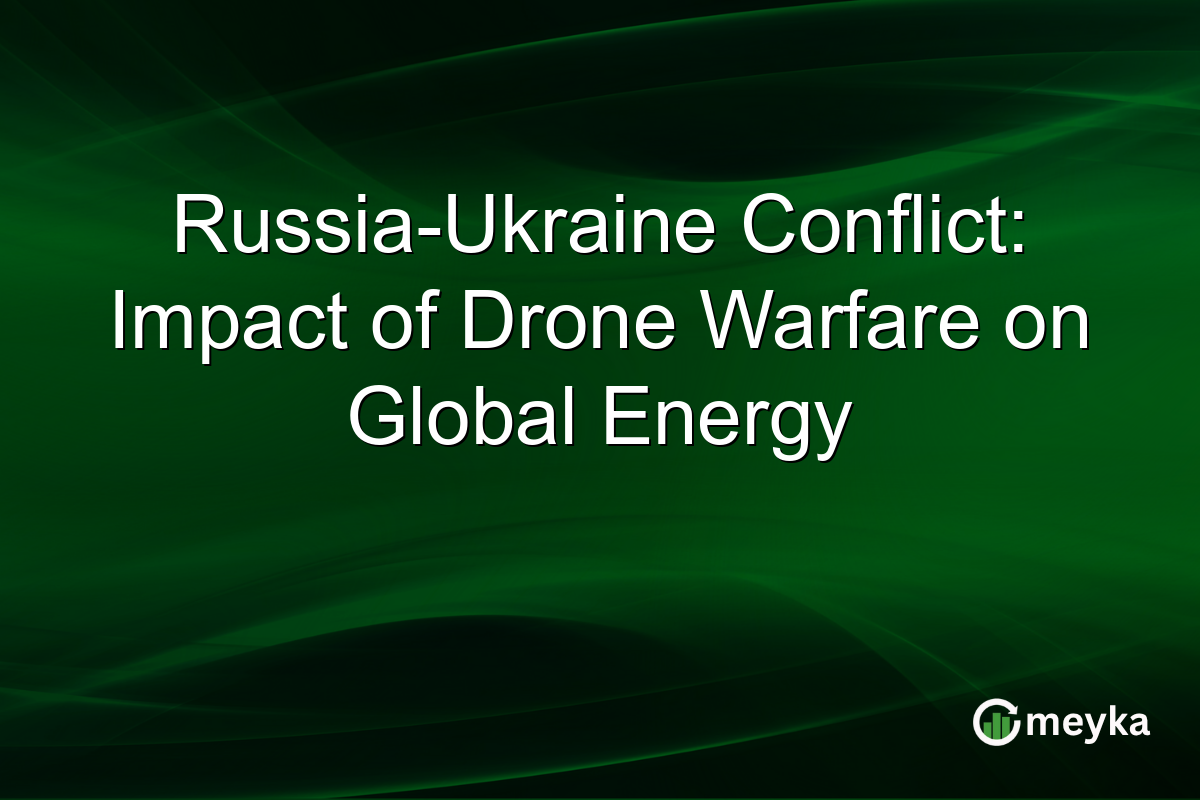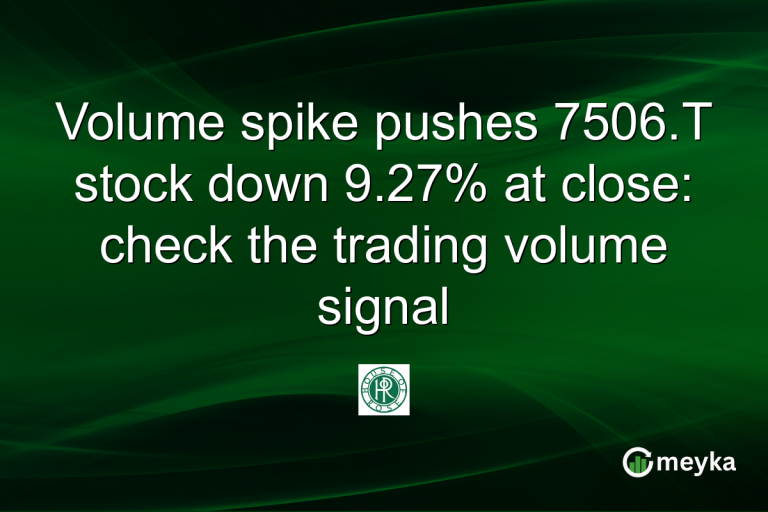Russia-Ukraine Conflict: Impact of Drone Warfare on Global Energy
The ongoing Russia-Ukraine conflict has taken a new dimension with increased drone warfare, significantly impacting global energy supplies. These drone attacks, particularly on Black Sea ports, have disrupted important supply chains, leading to heightened volatility in energy markets. Understanding the ripple effects of these events on global energy is crucial for stakeholders and policymakers.
Continue Reading on Meyka
This article is available in full on our main platform. Get access to complete analysis, stock insights, and more.
Read Full Article →





